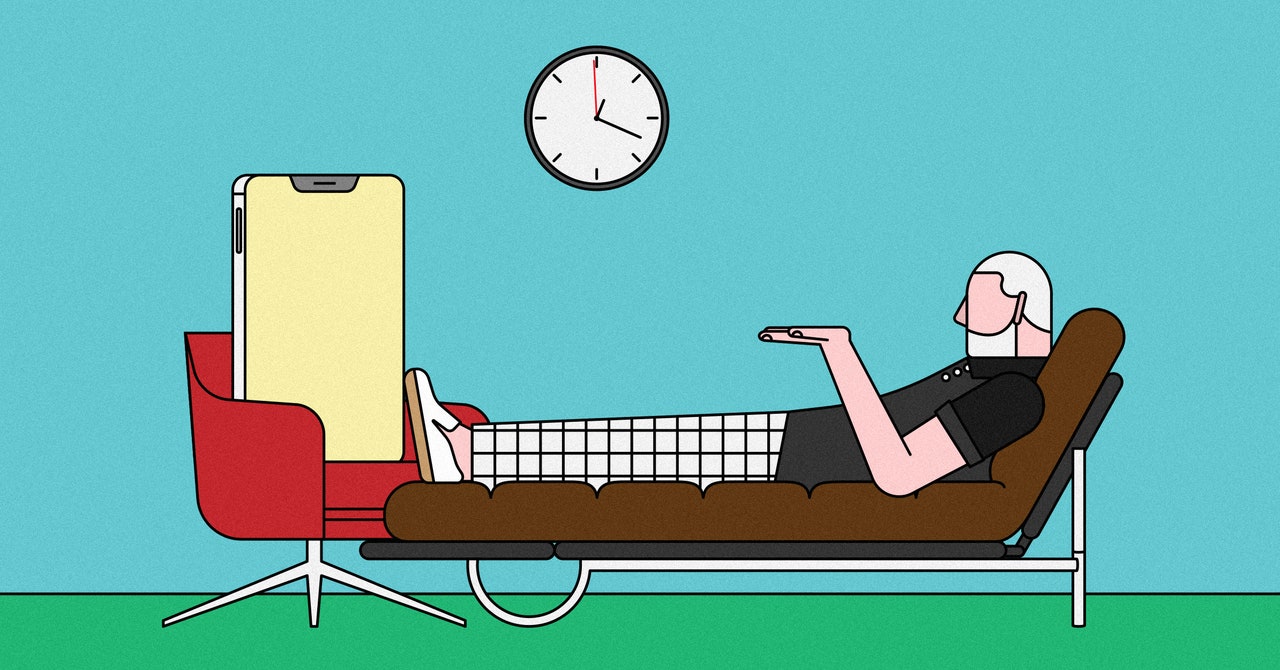A deadly new virus circling the globe makes many people more anxious. The pandemic’s psychological toll can be particularly weighty for people with an existing mental health condition. One 25-year-old on the US East Coast seeing a therapist for help with anxiety found additional support from an unexpected source: a chatbot.
“Therapy twice a month was fine before, it’s just now sometimes I have days where I feel like I need something extra,” says the person, who identifies as gender nonbinary, and asked to remain anonymous. Their budget didn’t allow more frequent therapy sessions, making them receptive when a friend mentioned Woebot, a chatbot built on Stanford research that delivers a digital version of cognitive behavioral therapy. It has become essential. “Being able to turn to the app daily is very comforting,” they say. “It has taught me anxious traits and patterns of thought that I didn’t know about before.”
The Food and Drug Administration also thinks software can help people with the mental burdens of the pandemic. Covid-19 prompted the agency to give the concept a pandemic booster.
Since late 2017, the FDA has approved a handful of apps and digital services that doctors may prescribe for psychiatric disorders such as opioid abuse in a similar way to medication. The small industry was expected to grow fast as regulators and health care providers got more comfortable with the concept, and Woebot and others gathered clinical trial data needed to win approval.
Then in April the FDA suspended many of its usual rules for what it calls digital therapeutic devices for psychiatric disorders, to widen access to care during the pandemic. That freed doctors to prescribe digital therapy that hadn’t yet won approval and propelled companies to accelerate plans to develop and release apps.
One is Orexo, a Swedish pharmaceutical company that specializes in treatments for substance abuse and does most of its business in the US.
At the start of 2020, it expected to win FDA approval later this year for its first digital product—a cognitive behavioral therapy website for problem drinking called vorvida that trials showed can significantly reduce a person’s alcohol consumption. The company was preparing to start trials this fall of another site for opioid use, and seeking to license a third for depression. “We’re now going to be launching all three this year,” says Dennis Urbaniak, head of Orexo’s digital therapeutics division. The company is working with insurers and health systems to offer vorvida to its first US patients outside a clinical trial w
Read More

